Top Credit Cards for Canadians with Poor Credit
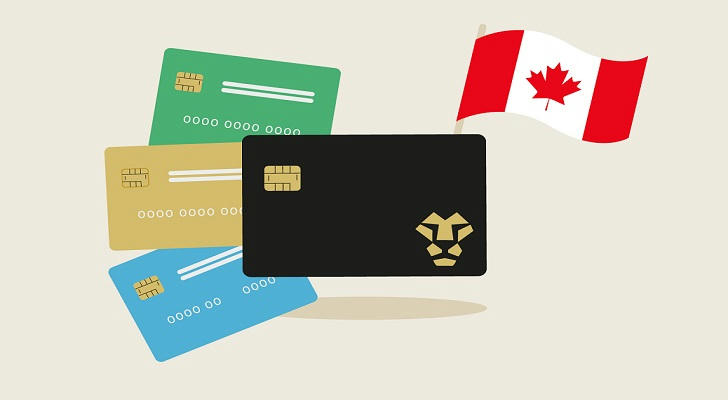
Experiencing poor credit can be incredibly challenging. It often complicates what many people take for granted, such as securing financing for a vehicle or making everyday purchases with a credit card. In today's digital era, not having a credit card can be a significant inconvenience. Whether you're shopping online, reserving a hotel, renting a car, or even arranging curbside grocery pickups and essential deliveries during a pandemic, a credit card has become nearly indispensable.
If you find yourself unable to obtain a traditional credit card, you might feel hopeless. Yet, there are still options available for Canadians with less-than-perfect credit. While these cards might come with higher interest rates and lower credit limits, and you may need to start with a secured credit card, they can be a crucial step towards rebuilding your credit. Responsible use of these cards can pave the way for better credit in the future. Here are some options to consider.
Home Trust Secured Visa Card
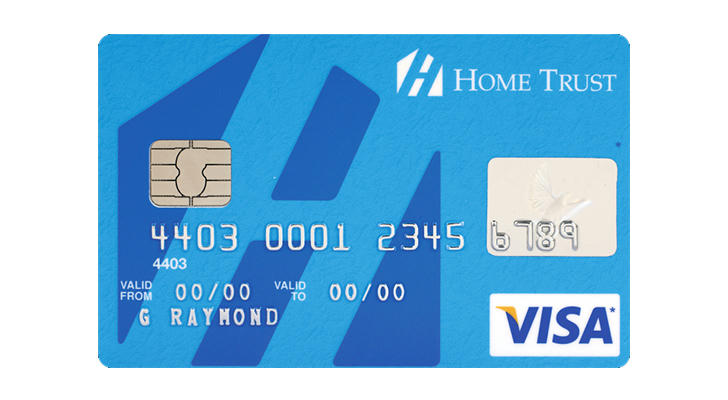
If you're looking for a straightforward secured credit card, the Home Trust Secured Visa is a solid choice. It offers a typical interest rate of 19.99% with no annual fee, and requires a minimum security deposit of $500. By paying off your balance in full each month, you can avoid accruing interest and bypass the annual fee. However, be aware that if the card remains inactive for over a year, there is a $12 fee. To avoid this, use the card occasionally and ensure you clear the balance regularly.
Alternatively, there’s another version of this card with a $59 annual fee and a reduced interest rate of 14.9%. If you’re working to rebuild your credit, it's advisable to avoid carrying a balance regardless of the interest rate. The Home Trust Secured Visa is accessible to nearly all applicants who can meet the security deposit requirement.
Capital One Low Rate Gold Mastercard
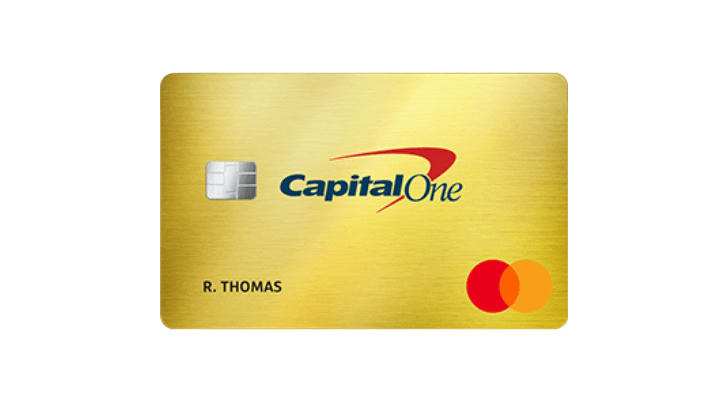
For those with lower credit scores seeking an unsecured credit card, the Capital One Low Rate Gold Mastercard is worth considering. This card charges a $79 annual fee and has an interest rate of 14.9%. Despite the costs, it offers several benefits that may justify the expense.
One notable advantage is that no security deposit is required to obtain this card. Additionally, it provides price protection for differences up to $100 per item, with an annual maximum of $500. It also includes travel accident insurance, as well as coverage for baggage and rental vehicles, making it a practical choice for budget-conscious travelers. If you find you don’t qualify for this card, Capital One also offers a secured Mastercard option as an alternative.
Scotiabank Value Visa with No Annual Fee
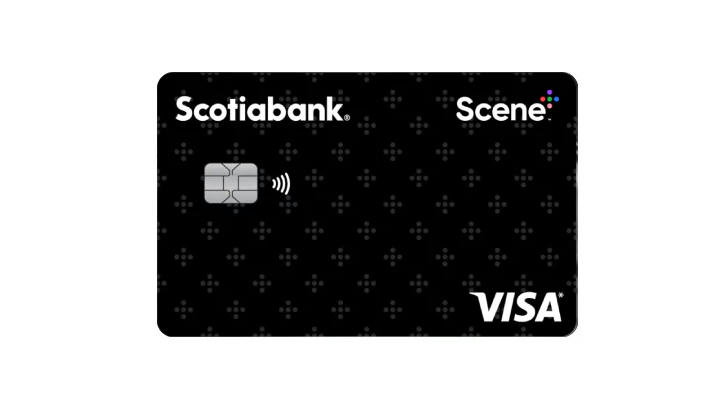
The Scotiabank Value Visa represents an upgrade from some of the more basic options on our list. To qualify, you must have a clean record with no bankruptcies in the last seven years and demonstrate a minimum annual income of $12,000, supported by tax returns or pay stubs. Upon approval, you'll receive a credit card with a starting limit of $500, though you might qualify for more. This card offers a reasonable interest rate of 16.99% and eliminates the annual fee.
Additionally, the card often features a promotional rate of 3.99% for balance transfers. This can be a useful tool for managing existing credit card balances and reducing interest costs on your debt.
Refresh Secured Visa Card
The Refresh Secured Visa Card offers a distinctive blend of standard features and unique benefits. With an interest rate of 17.99% and an annual fee of $48.99, it aligns with average offerings in its category. What sets it apart is the guarantee of approval without a credit check, although you will need to provide a security deposit upfront.
In addition to its basic features, this card provides access to Refresh's Financial Intelligence Training, an online program designed to help you enhance your credit score and financial health. Another attractive benefit is the opportunity to earn $100 for each successful referral, making it a potentially valuable option if you can take advantage of this referral perk.
RBC Visa Classic Low Rate Card
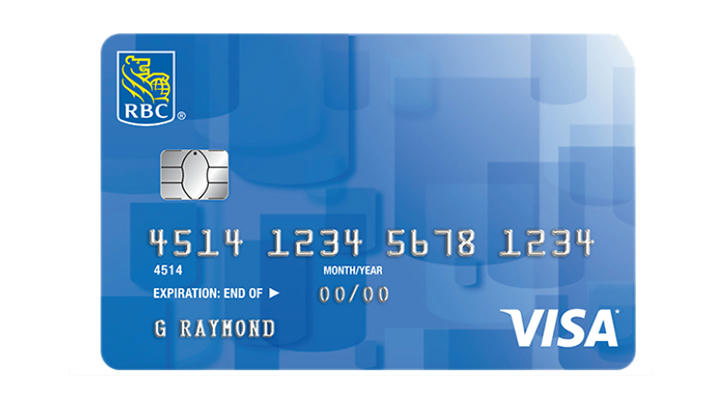
For those with fair credit, the RBC Visa Classic Low Rate Card offers a viable option. While it generally requires a slightly higher credit score, it’s an excellent choice if your credit is in decent shape. This card features a modest annual fee of $20 and a competitive interest rate of 12.99%.
However, if your credit score falls short, you might encounter a higher interest rate of 19.99%, which diminishes its appeal. On the plus side, the card includes valuable benefits such as purchase protection, zero fraud liability, and a three-cent discount per liter at Petro-Canada stations, along with a 20% bonus on Petro Points.
TD Emerald Visa Card
The TD Emerald Visa Card is a solid choice for those with lower credit scores. It offers an affordable annual fee of $25 and a variable interest rate ranging from as low as 4.5% to a maximum of 12.75%. Additionally, you can add extra cardholders, such as a spouse or child, at no extra cost, and the card comes with a minimum credit limit of $1,000.
This card includes features like Visa Zero Liability protection, Verified by Visa for secure online shopping, and Instant Fraud Alerts. It is also compatible with Apple Pay and provides additional savings on Avis and Budget rental cars. The TD Emerald Visa Card is particularly advantageous for balance transfers and debt consolidation, especially if you can take advantage of a favorable introductory rate during the first year.
BMO Preferred Rate Mastercard
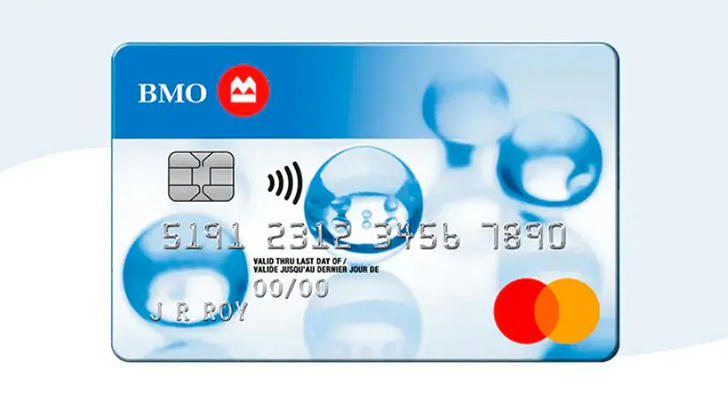
The BMO Preferred Rate Mastercard is designed for individuals with fair credit. While those with a poor credit history or recent bankruptcies might not be eligible, it offers a great option for those working to improve their credit.
With an interest rate ranging from 11.9% to 17.5%, depending on your credit profile, this card also features a reasonable annual fee of $20. It includes a compelling introductory offer for balance transfers. Additionally, it provides a range of benefits, such as travel insurance, purchase protection, extended warranties, roadside assistance, medical coverage, and trip cancellation insurance.
Secured vs. Unsecured Credit Cards
Understanding the distinction between secured and unsecured credit cards is crucial. A secured credit card requires an upfront cash deposit, usually between $500 and $1,000, which serves as your credit limit. Though it might seem inconvenient to lock up this amount, the long-term advantages are significant. Not only will you eventually get this deposit back—typically after a year if you manage your card responsibly—but a secured card is a valuable tool for building or repairing your credit.
In contrast, an unsecured credit card is the more conventional type. You don’t need to provide a deposit, though you might pay an annual fee. You receive the full credit limit immediately and are responsible for any purchases and interest charges. While making at least the minimum monthly payment is required, it’s important to avoid this practice as it can lead to prolonged debt.
Making the Most of Your New Credit Card
Securing approval for a new credit card is a great step towards improving your financial situation. To maximize the benefits and enhance your credit, follow these essential practices:
• Timely Payments: Always ensure you make your payments on time. Even if you can’t clear the entire balance, timely payments are crucial. Set up alerts on your phone or banking app to help you stay on track.
• Regular Use: Contrary to popular belief, avoiding the use of your credit card doesn’t help your credit score. Use your card responsibly to demonstrate your ability to manage credit effectively.
• Maintain Low Utilization: Aim to use no more than 30% of your credit limit. High utilization can negatively impact your credit score and signal financial strain to lenders.
Navigating life without a credit card can be challenging, but there are viable options for everyone, including those with poor credit. With the right strategies, you can successfully rebuild and improve your credit over time.
